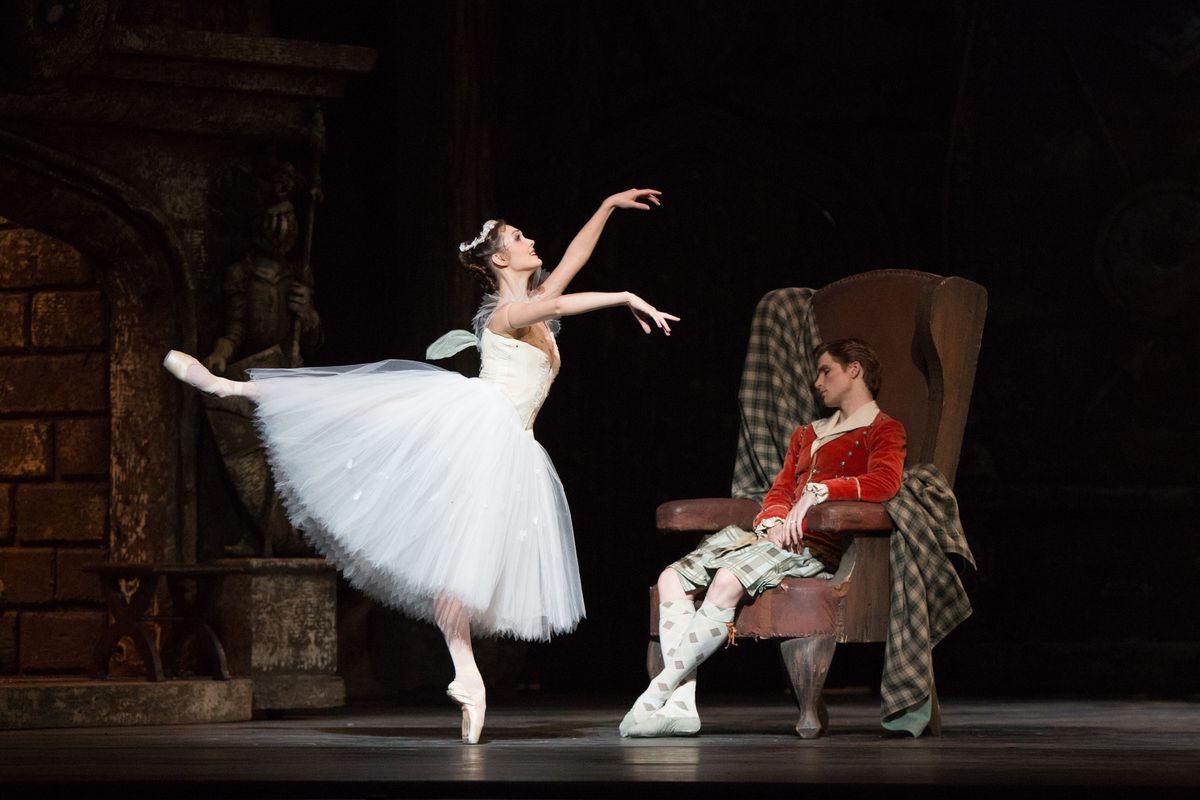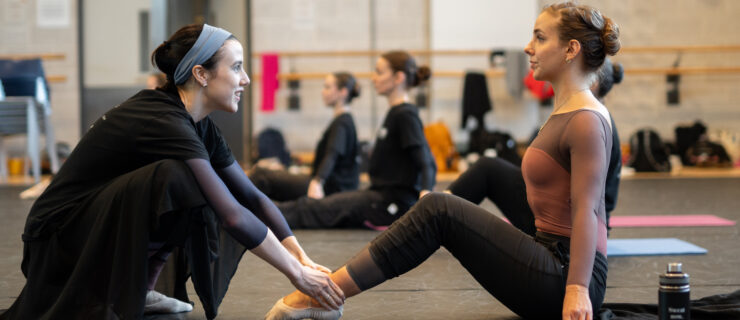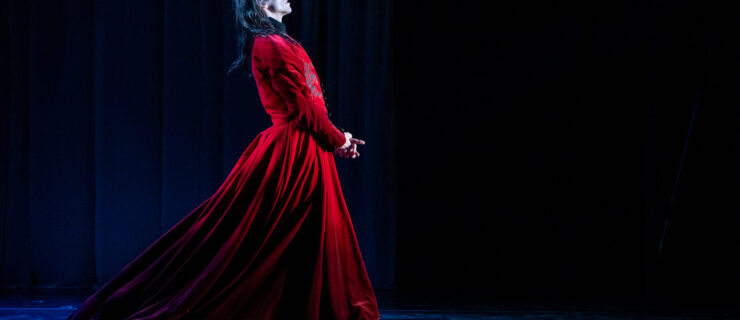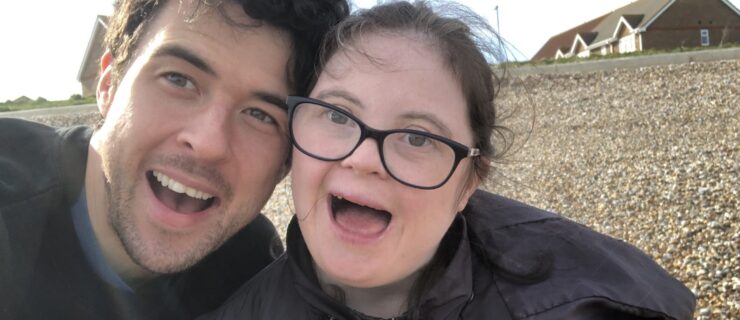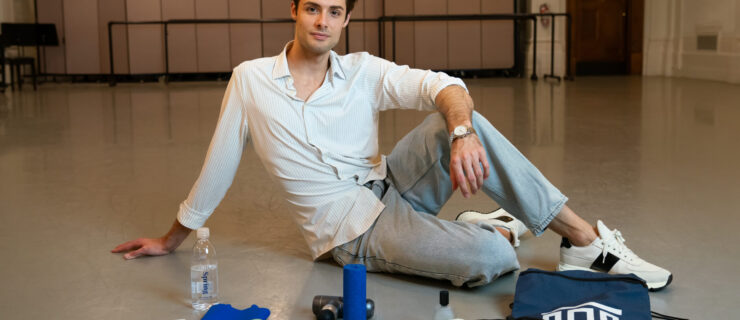A Love Beyond Reach: National Ballet of Canada's Jurgita Dronina on Dancing "La Sylphide"
This story originally appeared in the October/November 2016 issue of Pointe.
In August Bournonville’s 1836 ballet La Sylphide, every gesture has meaning. The National Ballet of Canada’s Jurgita Dronina talks about her first time portraying the Sylphide. As told to Amy Brandt
I had never danced the Sylphide, so I didn’t have a full idea of who I wanted to be. It was like writing a new story, on an empty piece of paper. To be honest, I started by watching videos of someone else—I just wanted to get the vision of the ballet. Then we worked on it little by little, scene by scene. I don’t think I’ve ever done a ballet with so much detailed mime. There is meaning behind every step, so you really have to talk with every gesture. Even the smallest turn of the finger makes a difference. I practiced the mime over and over until it became more natural, and I realized eventually that the more simply you say something, the more it comes through. It was a fascinating process.
To me, the Sylphide is a gentle, pure soul who simply loves James. I don’t think she was calculated and planned everything on purpose. All she wants to do is bring him to her world, where everything is beautiful and natural. I truly believe she thinks they can love each other without ever touching. And to James, she is the ideal woman. But he’s human, and she’s not—it’s a love that doesn’t exist in real life.
 Dronina with Harrison James in La Sylphide. Photo by Aleksander Antonijevic, Courtesy NBoC.
Dronina with Harrison James in La Sylphide. Photo by Aleksander Antonijevic, Courtesy NBoC.
In Johan Kobborg’s staging, there’s a beautiful scene that I haven’t seen in other productions. It’s during the pas de deux, and James is trying to touch her. She looks into his eyes and suddenly understands, “Can I escape this?” It momentarily breaks the playful mood. In that scene, I try to tell him that it’s all in his head and his heart, and there is no need to touch me. He sees that I’m a little frightened, and I very gently pull away and explain that in my world, this is not what we do. I try to convince him that love can be pure.
I think that moment helps the death scene make sense. After James captures her and she goes blind, she says to him, “I told you not to touch me. But it’s all my fault—I brought you here.” Yet he left the real world behind to run after something that doesn’t exist. You cannot have it all. It’s like when you’re chasing after a dream—once you finally catch it, it disappears. You need to create a new dream.
Tip: “You need a lot of stamina, because for two hours she mostly jumps and bourrées. There is no rest, really. I spent a lot of time at the gym to build up my endurance.”
